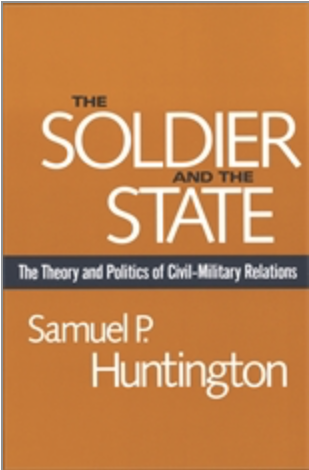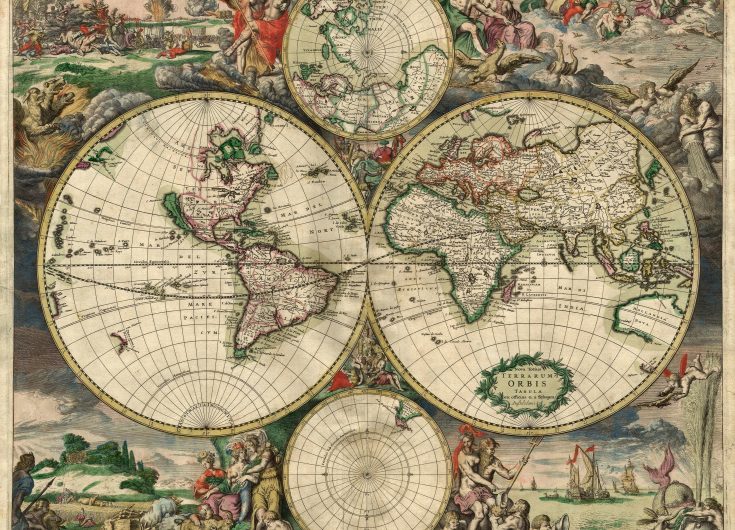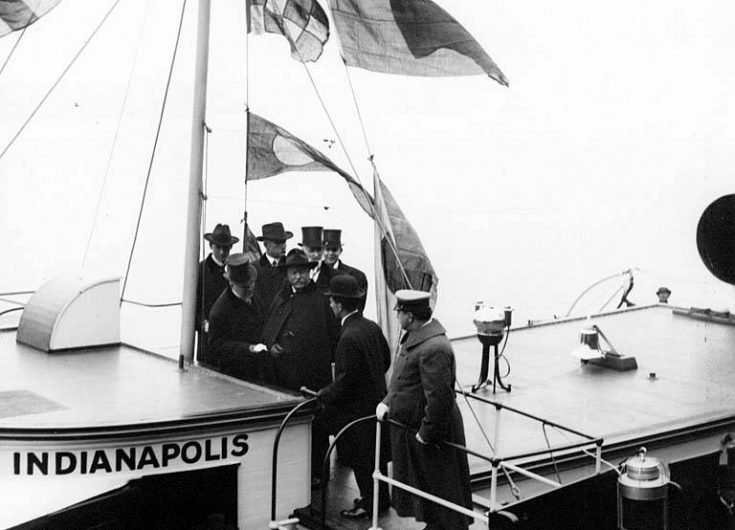Civil-Military Relations: Huntington’s World, or No?
“It’s an Eliot Cohen world.” This judgment, rendered by former Under Secretary of Defense for Policy Michèle Flournoy at New America’s Future of War Conference, according to Thomas E. Ricks, has to do with the proper understanding of American civil-military relations. The traditional post-World War II understanding was articulated by the late Samuel P. Huntington in The Soldier and the State (1957). Huntington’s theory of “objective control” was challenged in 2002 by Eliot A. Cohen in his Supreme Command: Soldiers, Statesmen, and Leadership in Wartime.




